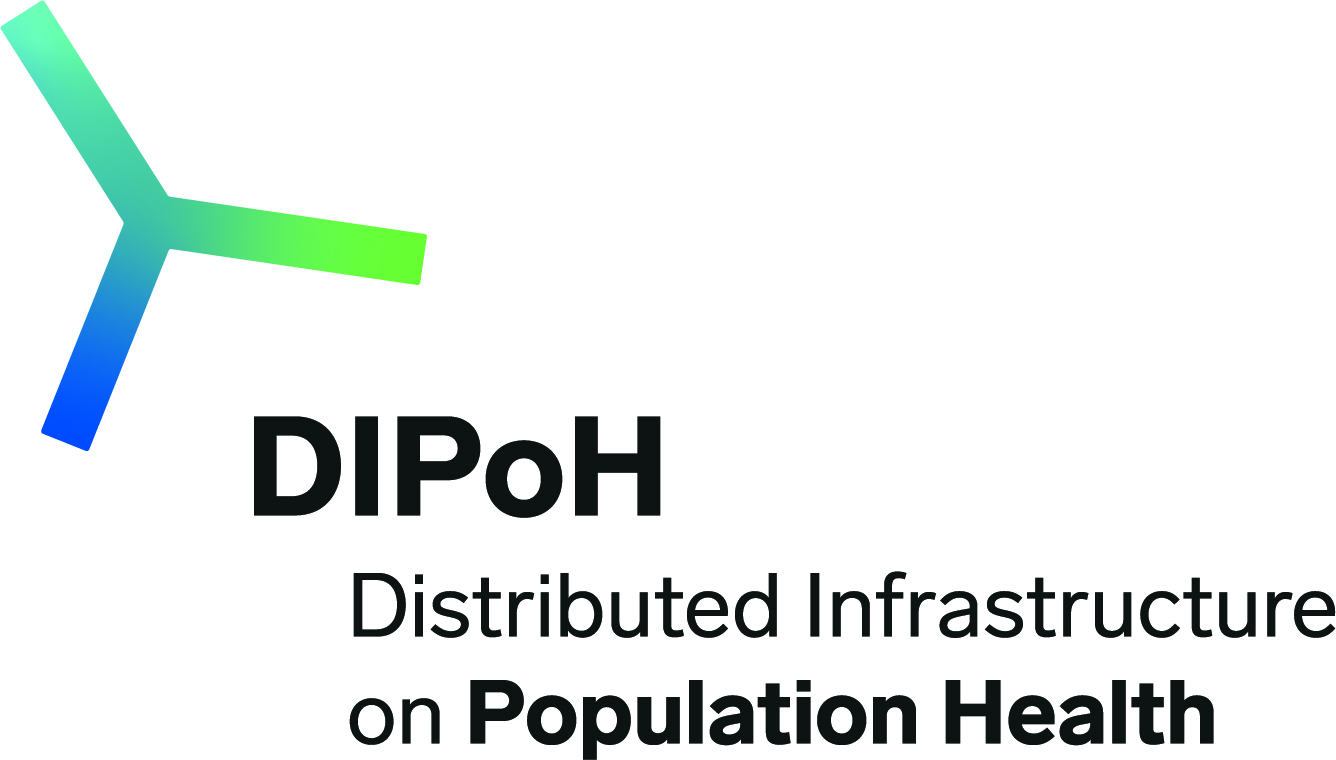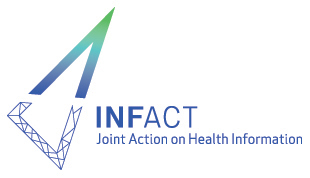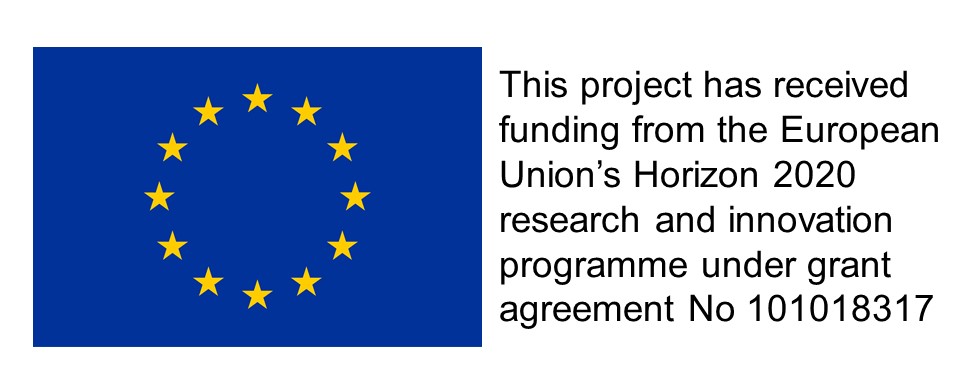Overview
The Belgian Cancer Registry collects information about all new cancer diagnoses in Belgium and their follow-up. Based on this information it maps out the nature and extent of cancer in Belgium. It regularly bundles this information in a publication. The Belgian Cancer Registry also collects all anatomopathological test results as part of the early screening programs for certain cancers (cervical cancer, breast and colon cancer).
The Belgian Cancer Registry data are an important source of information for
- Report
- on the incidence and prevalence of different types of cancer
- on patient survival
- for international organisations such as the World Health Organisation (WHO) and the International Agency for Research on Cancer (IARC)
- Studying the etiology of cancer
- Evaluation
- of cancer screening programmes
- of quality of treatment
- Analysis of the geographical distribution of
- different types of cancer
- cancer incidence
- trends
- outcome
The Belgian Cancer Registry consists of
- the 'Raad van Bestuur' (Board of directors)
- the 'Raadgevend Comité' (Consultative Committee)
- a team of staff members
Please find the legal framework of the Belgian Cancer Register here.
For its general tasks, the Belgian Cancer Registry is funded by RIZIV-INAMI, FOD Volksgezondheid – SPF Santé Publique, Agentschap Zorg en Gezondheid Vlaanderen, la Commission Communautaire Francaise (COCOF), la Commission communautaire commune de Bruxelles-Capitale (COCOM), AVIQ and DGOV.
Demographics
Dataset
The Belgian Cancer Registry conducts research in association with external parties. These external parties mainly comprise other organisations involved in the field of public health, such as
- The Joint health insurance agency (Intermutualistisch Agentschap) (IMA)
- The Belgian Health Care Knowledge Centre (Federaal Kenniscentrum voor de Gezondheidszorg) (KCE)
- Sciensano
- the Belgian Cancer Registries funding parties (see overview)
Requests for joint research projects may also be submitted by experts in the field, ranging from individual doctors to professional associations or hospitals.
For each research project in which the Cancer Registry provides personal data, it requests permission from the Information Security Committee before the project begins. Once permission has been obtained, the Belgian Cancer Registry uses exclusively coded data. This avoids direct identification of data subjects involved. Working with coded data allows the Belgian Cancer Registry to also respect the privacy of patients, support workers and care institutions in its research work.
Contact
Belgian Cancer Registry
Koningsstraat/Rue Royale 215 Box 7
1210 Brussels
Belgium





